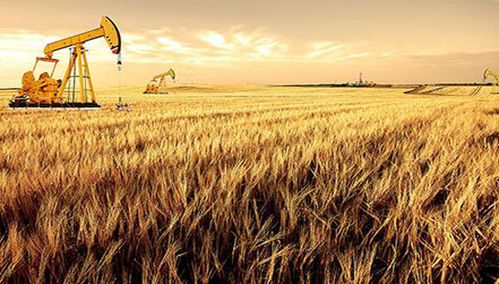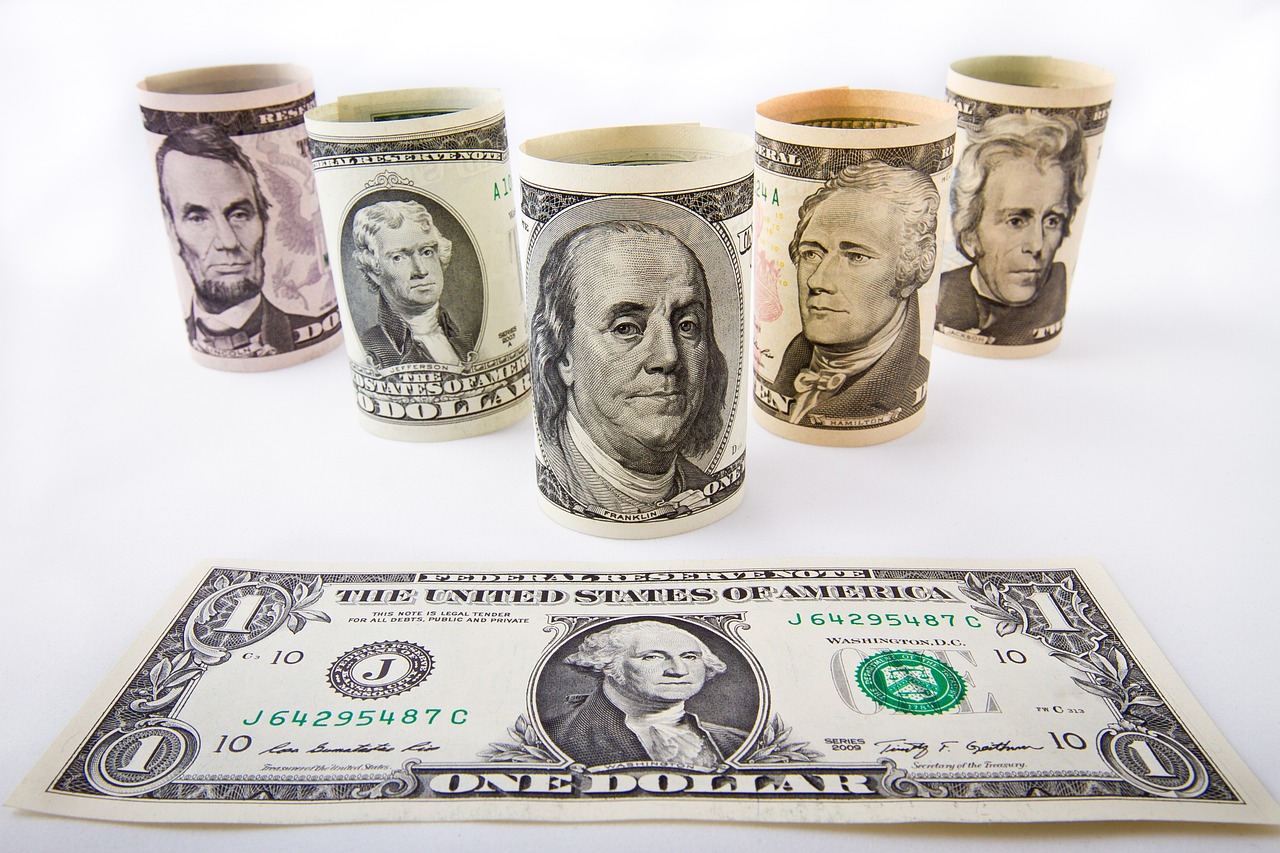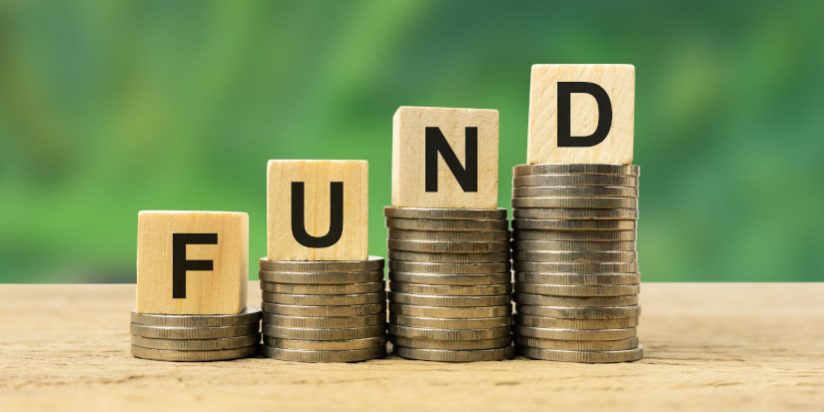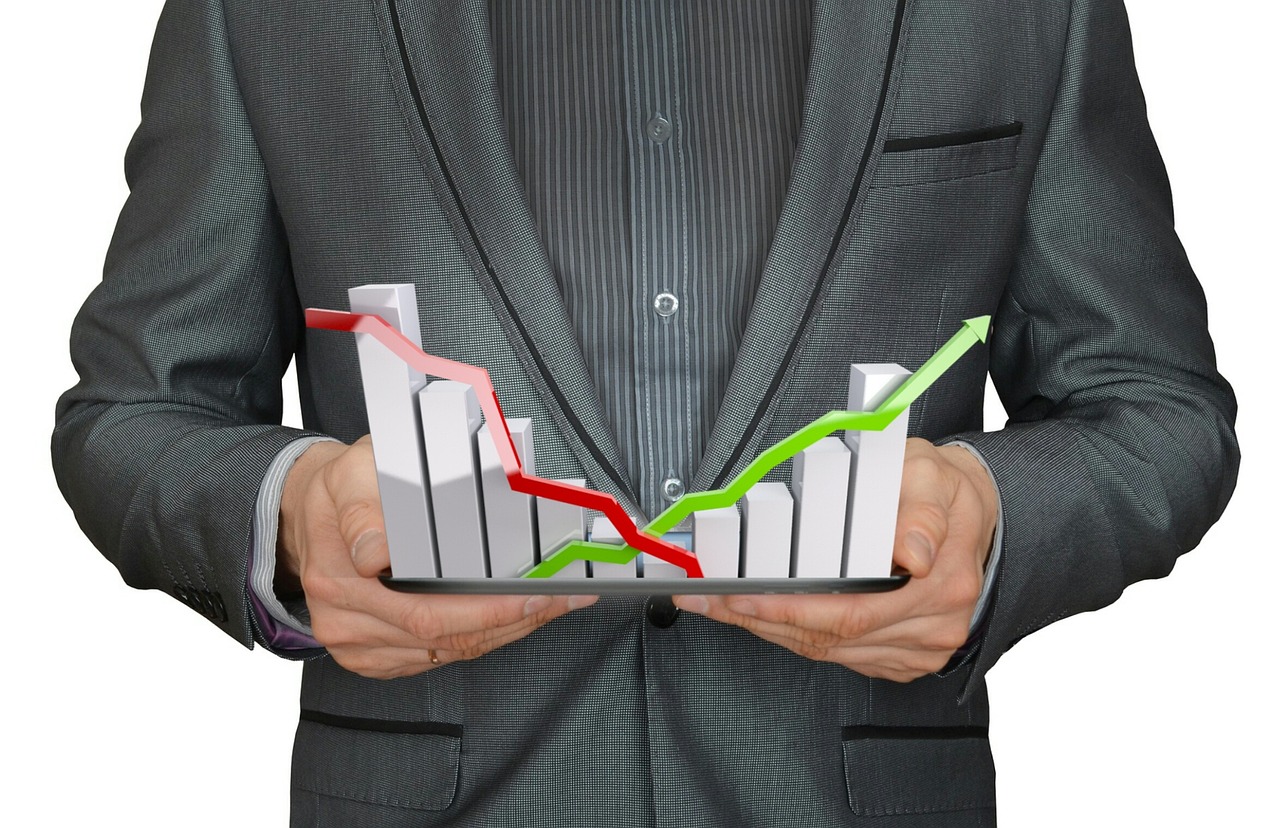What Would Economic Collapse Look Like?
An economic collapse is a catastrophic occurrence destabilizing a nation's economy, causing a huge loss of wealth and a sharp fall in economic activity. Even though they are uncommon, economic collapses can profoundly affect people, businesses, and entire countries.
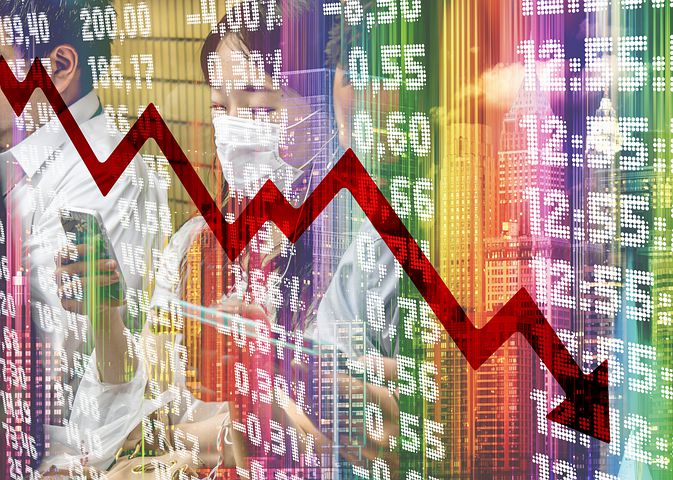
A quick or slow economic collapse may show indicators. A decrease in consumer expenditure is among the first signs. First, businesses reduce their operations due to declining consumer demand, resulting in job losses and decreased wages. As a result, people then have less money to spend, and the cycle continues.
A decline in the stock market is another indication that the economy is about to collapse. When stock prices begin to decline, it's a sign that investors are losing faith in the future because stock prices reflect the economy's underlying health. This may trigger a panic sell-off, sending prices even lower.
Inflation or deflation might result from an economy that is crumbling. Price increases for products and services are called inflation, whereas price decreases are called deflation. In either scenario, a decline in the value of money makes it more challenging for people to purchase products and services.
Businesses may close when the economy declines, and unemployment rates may increase. The government might intervene to stimulate the economy by decreasing interest rates or raising spending. The economy could, however, continue to deteriorate if the government's efforts are weak or unsuccessful, resulting in widespread poverty and civil instability.
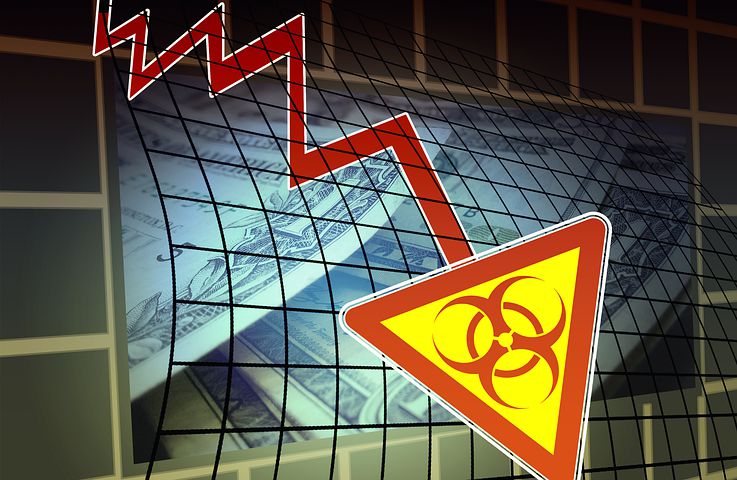
A severe economic downturn may result in hyperinflation or a currency crisis. In such cases, a nation's currency rapidly depreciates, making it difficult or impossible to purchase goods and services. This may result in a lack of necessary products like food and medication and the breakdown of civilization.
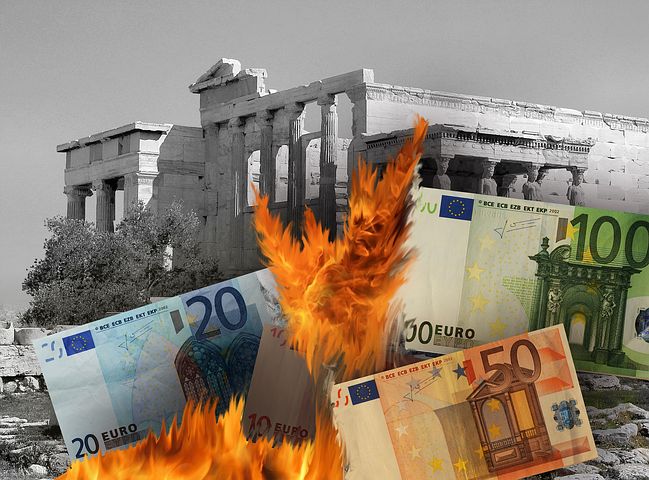
Will the Economy Crash in 2023?
This is rather a difficult question to give a direct, definite answer to. Certain global events may hinder economic or industrial development in any part of the world, but that doesn't mean the end of such an economy. Countries rise and fall economically, and 2023 seems to give us a clue about what happened in 2008 that led to a global meltdown. The United States and the United Kingdom economies are seriously in shambles, with the inflation rate experiencing an all-time high for the first time in over 30 years.
The Russian economy is not the best, considering the ongoing war (or military exercise, as they call it) going on in Ukraine. Although many economic analysts have predicted that it could spread to the rest of other economies, the odds it will crash the world economy are less likely. So, even as some believe in "economic doomsday," others think it's one of these bad days in the life of the global economy.
Conclusion
Both individuals and nations may suffer greatly due to an economic collapse. Although there may be gradual warning signs of impending collapse, the consequences may be challenging and disastrous. People and governments must be aware of the warning signs and take appropriate action to prevent or lessen the effects of an economic collapse.
(Writer:Weink)

